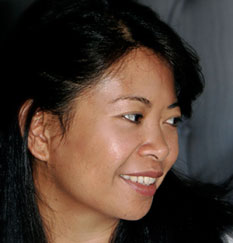Making space for women and Indigenous Peoples at the decision-making table
When CIFOR researchers Iliana Monterroso and Kristen Evans began investigating how to improve inclusivity in multi-stakeholder forums (MSFs), they had no idea that the research literature would yield some of the most obvious but taken for granted solutions, like providing childcare to boost women’s participation.
MSFs are decision-making and dialogue platforms that occur worldwide at all scales, from global climate change negotiations to village-level forest-use decisions.
Organizations commonly hold MSFs when they need to bring together diverse groups of people who have a stake in an issue to share ideas and opinions. But research shows that just by inviting people to the table, inclusivity is not necessarily addressed.
In “Getting it right: A guide to improve inclusion in multi-stakeholder forums,” a team lead by Monterroso scours the research literature and interviews practitioners across three continents to identify lessons from inclusive and non-inclusive MSFs and presents a set of steps and tips to boost the impact of women and Indigenous Peoples in current and future MSFs.
The guide operationalizes inclusivity at specific trigger points during the design, implementation, and assessment of an MSF where the researchers believe action is most effective. It also adapts a human rights-based approach, putting women, Indigenous Peoples, and other under-represented groups at the center of the effort.












